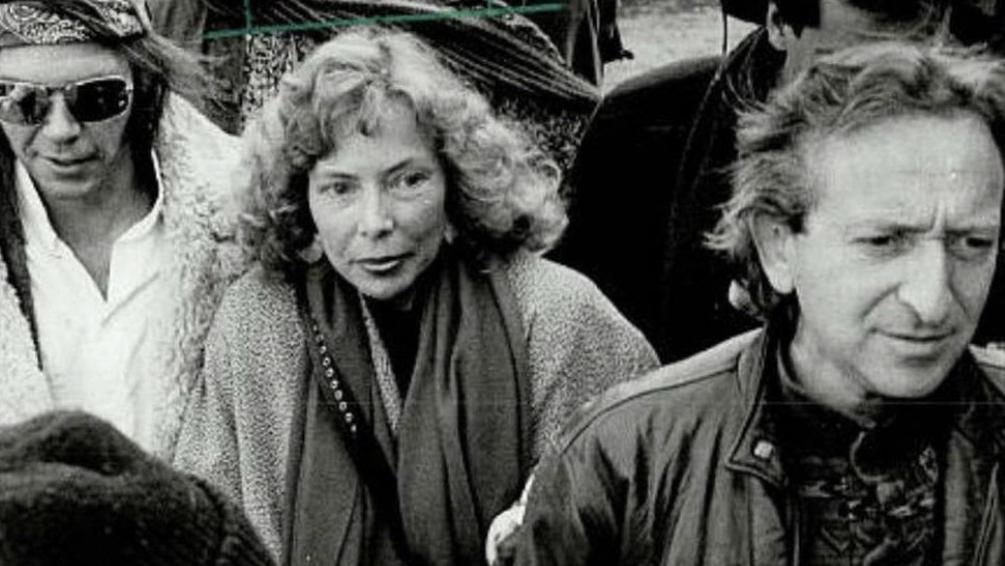
Rick Bayles, Editor of the Unsung Heroes series writes: “In this latest article in our “Unsung Heroes” series, Tim Martin takes a look at the career of Elliott Roberts. We’ve all heard the horror stories about bad managers in the music business and the damage they can do to an artist’s career but it’s rare that we hear the stories celebrating the positive aspects of good management. The good managers are, most definitely, Unsung Heroes…”
Elliott Roberts was mentioned briefly in our entry for Asylum Records, but most of his career was spent in artist management. While many artists from the sixties and seventies would probably not have described their manager as a hero, for looking after the careers of Joni Mitchell and Neil Young if nothing else Roberts is worth talking about here. Young said of him; “just as I wake up every day with a new idea, he wakes up every day with a new approach to solving the problems that arise with the projects I am already immersed in”.
He met David Geffen while working at the William Morris talent agency and influenced by Geffen started managing first Laura Nyro and then Joni Mitchell. In 1968 the latter introduced him to Young and Roberts managed him until his death in 2019. Geffen and Roberts established their own management company in 1970 followed shortly after by Asylum Records. In an interview with Barney Hoskyns in 1993 Roberts said of the start of Asylum; “We were very fortunate in that Joni and Neil drew great people to them like a magnet. They were totally uninterested in fame and money, yet they knew they were great artists, even when they were failing miserably.”
Other managers who have been closely associated with particular artists, such as Peter Grant or Brian Epstein, often struggle to build careers when their charges split up or drift away from them, but Roberts created a portfolio of artists through the company he formed after splitting with Geffen, Lookout Management. His portfolio of artists included at various times Bob Dylan, Crosby, Stills, Nash & Young and Jackson Browne.

At Lookout, his partner was producer Tony Dimitriades, who introduced Tom Petty to their stable of acts. A story from the LA Times obituary of Roberts gives a clue as to why his clients stuck with him. Roberts was always ready to go into battle with record companies and others on behalf of the artist. Petty had insisted on completing his 40th-anniversary tour despite having fractured his hip just before the tour began. “The most important thing is taking care of your health,” Roberts told him. “If you need to take six months or a year off until you’re ready to go out again, then take the time off.” In a contrast to much music industry behaviour, he felt “that it was vital that musicians surround themselves with people who put their health and well-being first and foremost.”
Elliott Roberts died in 2019, and the internet is full of tributes from clients, colleagues, and friends. Graham Nash said of him, “Elliot was a funny, brilliant friend and devoted manager.” Fellow manager Peter Asher noted, “Elliot is brilliant. Hippie chaos, but let’s not forget he’s a brilliant chess player”. History will remember him mostly for his association with Neil Young which lasted for 50 years and Young’s tribute was the simplest. “The greatest manager of all time”.
Elliott Roberts and David Geffen speak about their management philosophy.
Elliott Roberts said in a 1993 interview that this was his favourite Neil Young song


